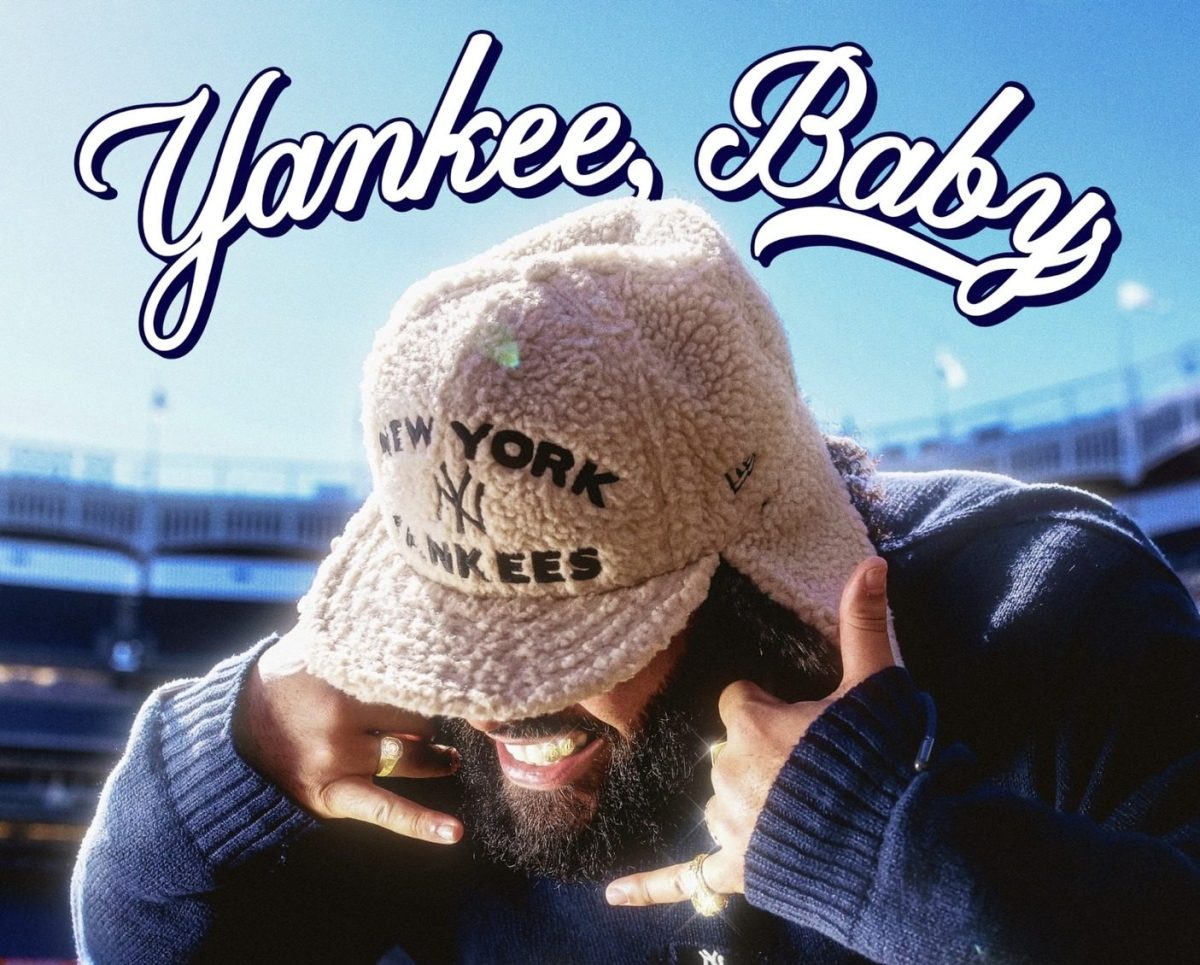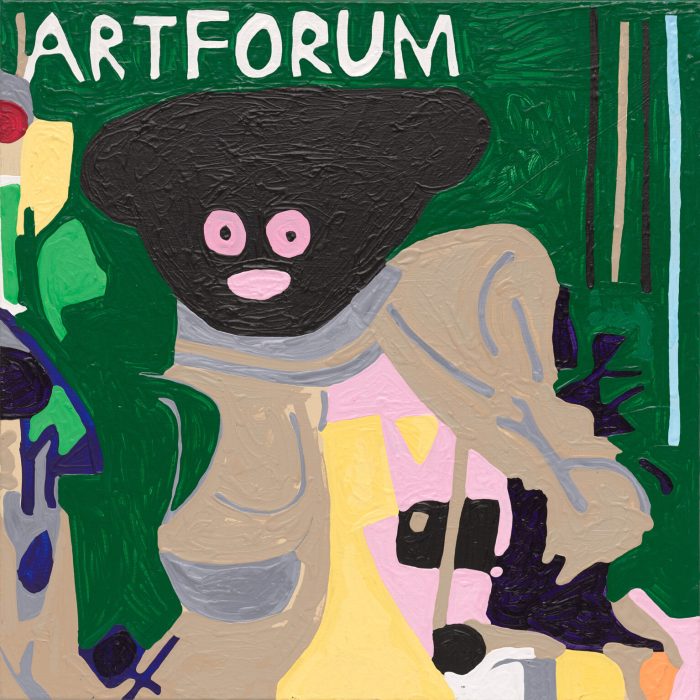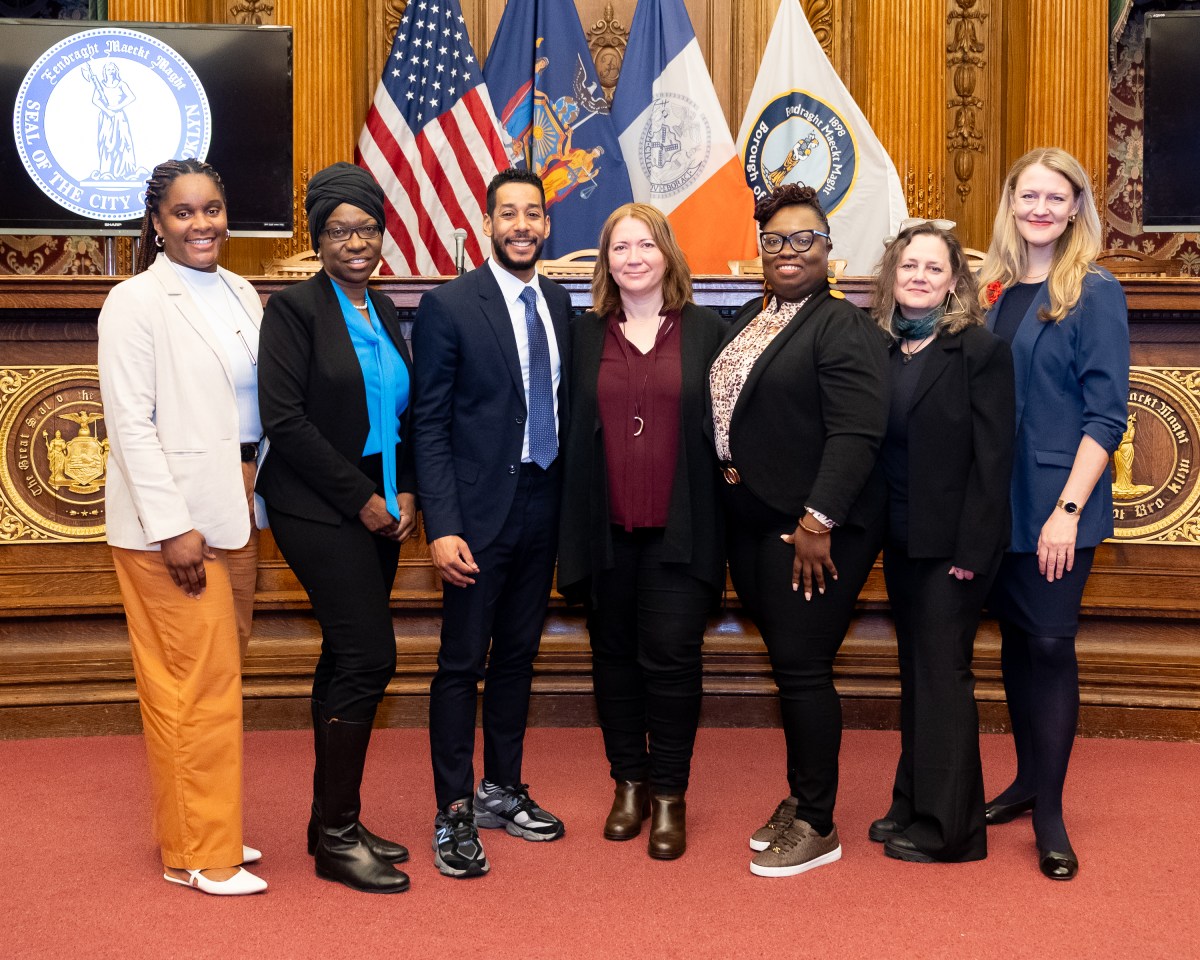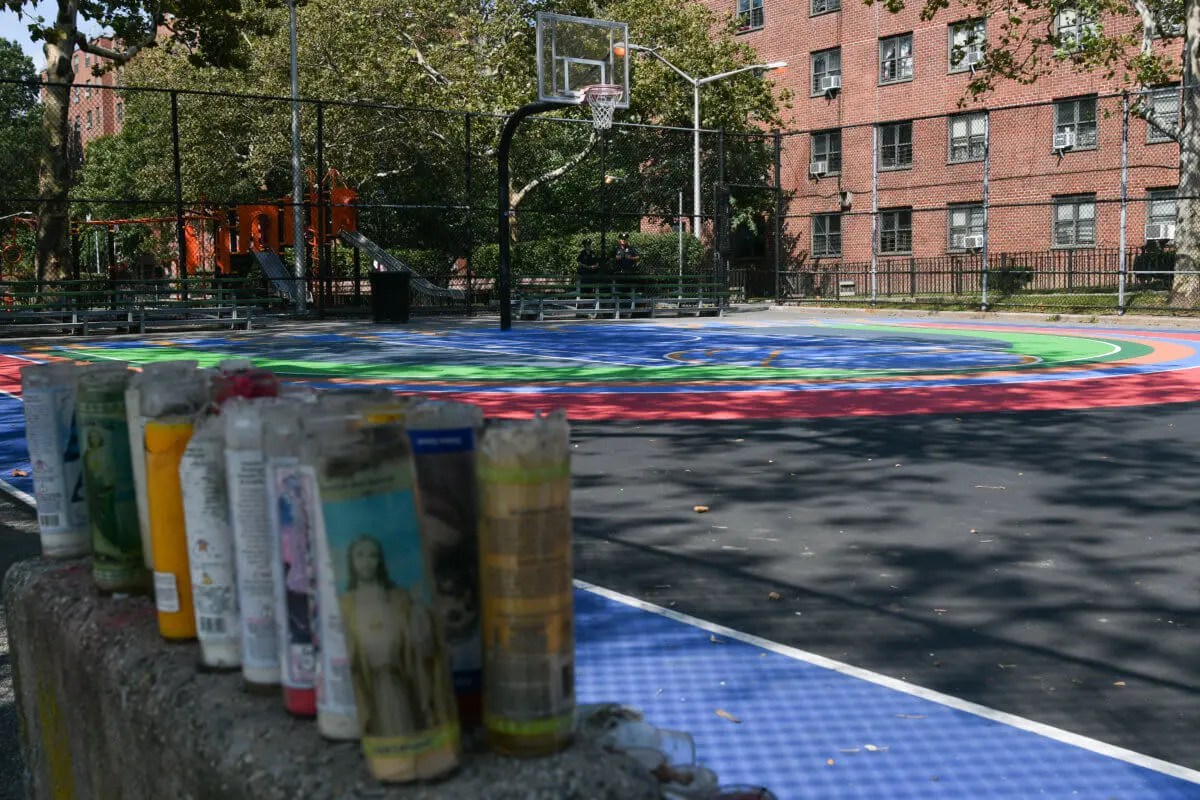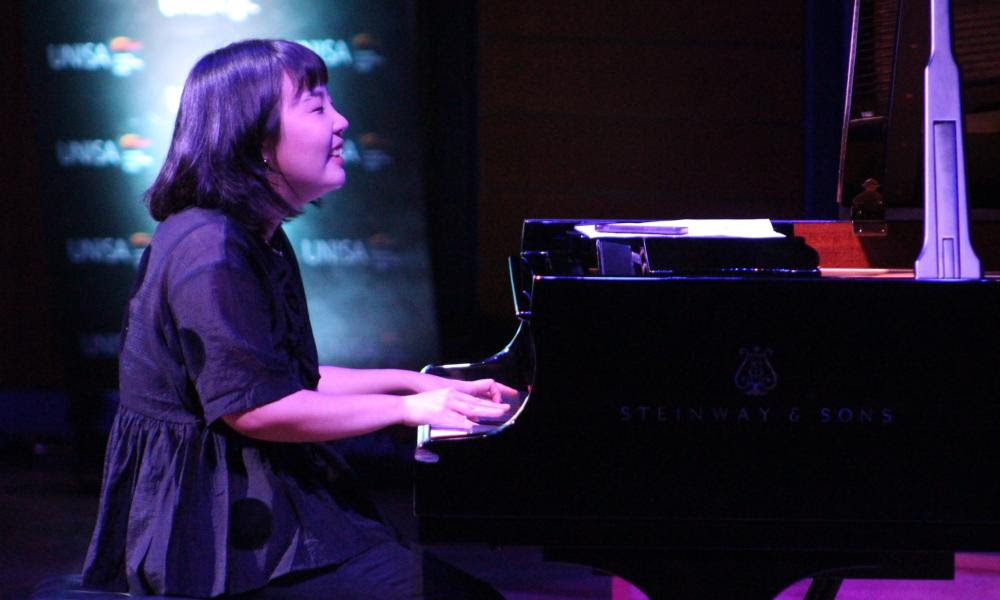Four phrases stood out to actress Joy Nash in the character description for “Dietland’s” lead role: Plum Kettle is smart; She is funny; She is beautiful; She weighs 250 pounds.
“I was like, ‘I can play those things!’” Nash says. “Aside from her specific weight, you could have taken that out and it could have been the lead of any show.”
Noting the low representation of plus-size women on television today, Nash jumped at the chance to tell the story of Plum Kettle, a character who struggles with, but isn’t solely defined by, her weight.
Sure, physical appearance is central to the plotline in the AMC television adaptation of Sarai Walker’s 2015 novel, but “Dietland” gives its Plum a platform to revolt against the media and entertainment industry’s unattainable expectations rather than drown in them.
“I think people are sick of being told they need to fill in the blank before their life can start, which is maybe everyone,” Nash explains. “Like, once you’re thin or once you have the job you want or the relationship you want, then life can start. Life has started already. This is your life.”
That’s a mantra Nash knows well. The feminist revenge fantasy is the first major TV role for the 37-year-old actress whose resume is marked with short stints on series like “Twin Peaks,” “The Mindy Project” and “The Fosters.”
Before that, she made waves on the internet for her “Fat Rant.” In a YouTube video that’s been viewed nearly two million times, Nash recites, “I’ll go dancing when I can wear this dress again … I’ll get my wedding dress fitted as soon as I lose 30 pounds … no, now, it’s all you’ve got.”
Though posted more than a decade before she slipped into the role of Plum, Nash’s words ring true to her character, a magazine ghostwriter who’s trying to physically hide from herself and the rest of the city until meeting her goal weight.
Now halfway through its premiere season, the scale is only a slice of a constantly evolving plotline.
“I wouldn’t have taken a part like this if that is the only spot where she lives,” Nash says, of her characters budding evolution. “But we’ve seen shows like that and it’s so exciting to be doing something very different.”
Fans are now left wondering if Plum will join the efforts of an aggressive group (Jennifer) seeking revenge for women who have been physically, emotionally and verbally abused by men and the media.
“Dietland” airs Mondays at 9 p.m. on AMC.
We’re starting to see an evolution in Plum’s character. Is it imperative for the way the media portrays plus-size women for a change to come from within the individual, or from society?
It has to come from both ends. Having self-esteem is one thing and that’s fantastic but that doesn’t change the fact that there is oppression happening. You can’t just make yourself happy enough that that goes away. I think we’re trying to do both. We want people to feel empowered personally, but we also want the world to change. I don’t know exactly how that’s supposed to happen, but it needs to.
The change is important because we need it. I feel like anything can happen, from who’s president to me being the star of a show. I couldn’t have dreamed of this a year or two years ago. If this can happen, anything can happen. Why can’t we have a revolution and people quit hating themselves and find something else to do?
“Dietland” revolves around the “revolution,” essentially an uprising of women who are fed up with society’s norms. How would you describe the revolution?
It’s hard to put a bead on what the revolution is. I think it’s tossing off body tyranny or tyranny in general. Jennifer (the revolution group) is focused more on the sexual assault angle and violence, and (plus-size representation) seems unrelated, but they are related. They’re both about your body.
How does “Dietland” manage to balance heavy topics like body image and sexual assault while remaining comical?
It is funny, believe it or not! It’s a dark humor, a dark satire, which is my favorite kind anyway. I feel like those go hand in hand anyway. Some of the funniest people have had the hardest lives and I think having been through pain, it gives you a different lens, a funny way to see the world.
How does setting this story in the New York City media scene add to body image struggles we see Plum through?
The book is set in New York, it was important to stay true to that. But media is really centered here. It shines a light, she might have these negative feelings of herself every day anyway, but that’s amplified by the fact that she walks into a building every day and sees glamazons and the walls are papered with 10-foot-tall pictures of perfect women and everyone is asking her how to become perfect. She has to navigate around that and try to solve problems.




